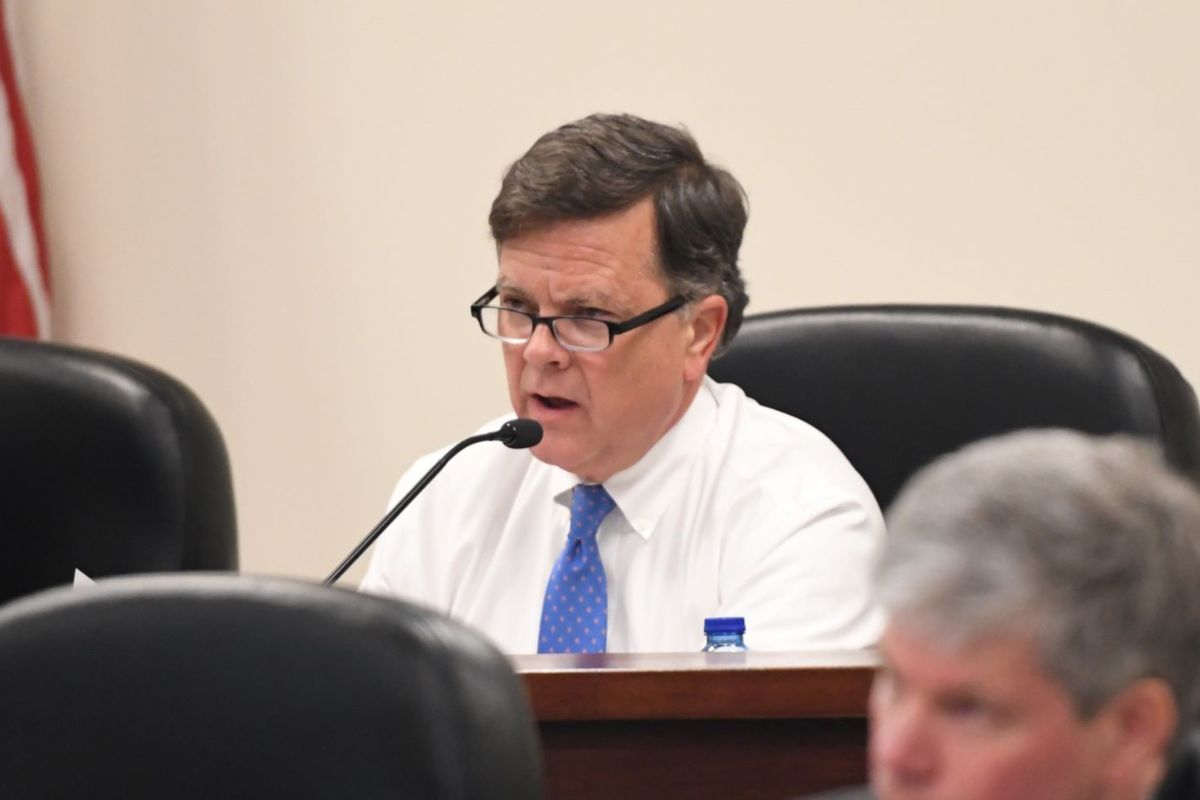Alabama Bill Proposes Easier Religious Vaccine: Huntsville, Ala. The proposed bill in Alabama, led by State Senator Arthur Orr, is stirring debate over the ease of religious vaccination exemptions for students. By potentially removing the county health department’s approval requirement, parents could assert objections through written statements.
Advocates stress parental autonomy, while opponents express concerns about public health implications. The delicate balance between personal beliefs and collective safety in educational environments is at the heart of this issue, prompting varied perspectives on the potential impact of streamlining the exemption process.
Proposed Alabama Bill Seeks to Ease Vaccination Exemption Process
Has the Proposed Alabama Bill successfully addressed the challenges in the vaccination exemption process for students in the state?
State Senator Arthur Orr‘s bill aims to streamline the vaccination exemption process for students in Alabama. Under the current system, parents seeking religious exemptions must petition their county health department for approval, which can be a cumbersome and intrusive process.
The proposed bill would eliminate this requirement, allowing parents or guardians to simply submit a written statement to school officials declaring their religious objection to vaccinations.
Senator Orr’s motivation for the bill stems from constituents’ concerns about government interference in matters of personal belief. By removing the public health department’s involvement in approving exemptions, the bill seeks to empower parents to make decisions about their children’s healthcare without undue government scrutiny.
The goal is to simplify the process and alleviate the burden on parents who have experienced lengthy wait times and perceived interrogations when seeking exemptions.
If passed, the bill could represent a significant shift in how vaccination exemptions are granted in Alabama, offering a more straightforward and less intrusive alternative for parents seeking religious exemptions for their children.
Public Reaction and Concerns
The proposed bill in Alabama regarding religious vaccination exemptions for students has sparked varied reactions and concerns among parents and the public. Some parents believe that the decision of whether to vaccinate their child should rest solely with them, citing personal freedoms and parental rights. They argue that mandating vaccinations infringes on their autonomy to make medical decisions for their children.
On the other hand, there are concerns that easing the vaccination exemption process, particularly based on religious beliefs, could pose a threat to public safety. Critics worry that increasing the number of unvaccinated children in schools may lead to outbreaks of preventable diseases, putting not only unvaccinated children at risk but also individuals who cannot be vaccinated for medical reasons.
This has sparked debates about balancing personal beliefs with broader public health considerations, highlighting the complex ethical and practical considerations surrounding vaccination policies.

ALSO READ: Alabama Vaccine Exemption Bill Moves to Senate Floor
Legislative Progress and Potential Impact
Amidst ongoing deliberations within the legislative session, the bill addressing religious vaccination exemptions for Alabama students has become a focal point of discussion due to its potential ramifications on public health and educational institutions.
This bill is particularly pertinent in light of recent events in Florida, where health officials grappled with a measles outbreak primarily affecting unvaccinated children.
With only eleven meeting days remaining in this year’s legislative session, the fate of the bill hangs in the balance, leaving uncertainty as to whether it will advance to the governor’s desk for approval.
The potential impact of this legislation extends beyond individual rights to encompass broader implications for public health and safety within Alabama. Stakeholders are closely monitoring the progress of the bill, recognizing the significant implications it could have on vaccination rates among students and the potential risks associated with a higher number of unvaccinated individuals in educational settings.
As the debate unfolds, the decision-makers must weigh the competing interests of personal beliefs against the collective well-being of the community.
News in Brief
The proposed Alabama bill aiming to simplify religious vaccination exemptions for students has sparked debate over parental rights and public health concerns.
The potential elimination of county health department approval for religious objections raises questions about the balance between personal beliefs and community safety.
The legislative discussions surrounding this bill highlight the complexity of managing individual freedoms and collective well-being in the context of vaccination policies in educational settings.

